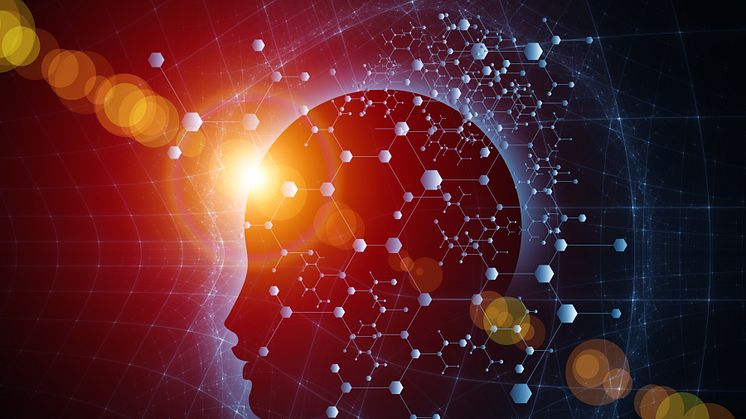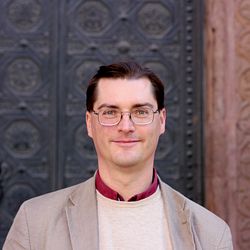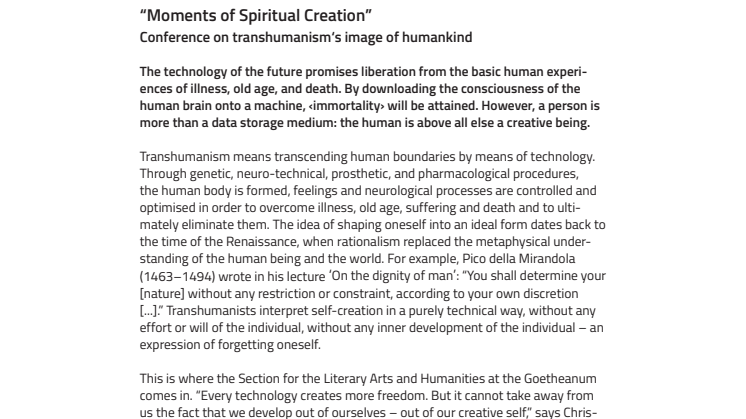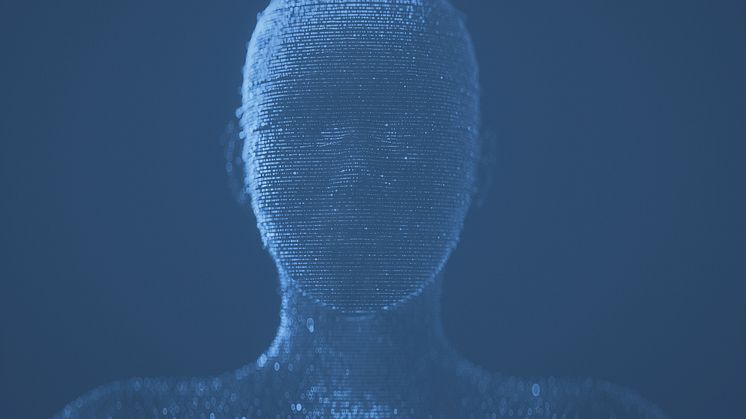
Press release -
“Moments of Spiritual Creation”. Conference on transhumanism‘s image of humankind
Goetheanum, Dornach, Switzerland, 1 October 2019
“Moments of Spiritual Creation”
Conference on transhumanism‘s image of humankind
The technology of the future promises liberation from the basic human experiences of illness, old age, and death. By downloading the consciousness of the human brain onto a machine, ‹immortality› will be attained. However, a person is more than a data storage medium: the human is above all else a creative being.
Transhumanism means transcending human boundaries by means of technology. Through genetic, neuro-technical, prosthetic, and pharmacological procedures, the human body is formed, feelings and neurological processes are controlled and optimised in order to overcome illness, old age, suffering and death and to ultimately eliminate them. The idea of shaping oneself into an ideal form dates back to the time of the Renaissance, when rationalism replaced the metaphysical understanding of the human being and the world. For example, Pico della Mirandola (1463–1494) wrote in his lecture ‘On the dignity of man’: “You shall determine your [nature] without any restriction or constraint, according to your own discretion [...].” Transhumanists interpret self-creation in a purely technical way, without any effort or will of the individual, without any inner development of the individual – an expression of forgetting oneself.
This is where the Section for the Literary Arts and Humanities at the Goetheanum comes in. “Every technology creates more freedom. But it cannot take away from us the fact that we develop out of ourselves – out of our creative self,” says Christiane Haid, Head of the Section for the Literary Arts and Humanities at the Goetheanum. Creativity does not come from the outside, but is an inherent capacity of the human being. The Section strives to support people in this process. Already in a meeting between two people, “moments of spiritual creation” arise, as the Germanist Ariana Eichenberg calls it. A cultivation and development of creativity takes place in art, which has always been the source of new realities. Christiane Haid and Ariane Eichenberg are also exploring these questions in their research project ‘Humanizing Man through Literature’, which led to the conference series ‘The End of Humankind’, which took place for the first time at the Goetheanum in 2018 and will continues this year.
(2239 characters/CH; translation by Bettina Hindes)
Conference (in German) The End of the Human? Paths through and out of Transhumanism, 18 to 20 October 2019, Goetheanum Contributors Writer Marica Bodrožić and others Web www.goetheanum.org/tagungen/das-ende-des-menschen-ii
Point of Contact Christiane Haid, christiane.haid@goetheanum.ch
Related links
Topics
Categories
The Goetheanum is the headquarters for the School of Spiritual Science and the General Anthroposophical Society. The School of Spiritual Science with its eleven sections is active worldwide in research, development, teaching, and the practical implementation of its research findings and is supported by the Anthroposophical Society.



